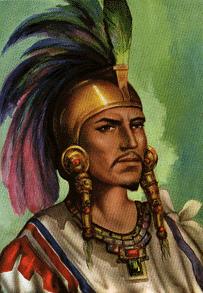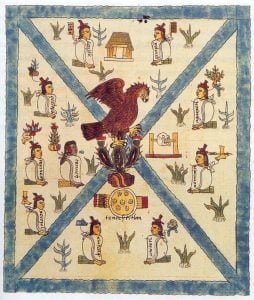Siege of the City of Mexico
On the death of Montezuma, his brother Cuitlahua, governor of Iztapalapa, had taken the supreme command over the Aztecs. He had been prime mover in the revolt, which resulted in the expulsion of the Spaniards from the city, and it was by his orders that their flight had been so fiercely followed up. At the present juncture, he sent heralds to propose a treaty of peace with the friendly tribe by whose hospitality the Spanish army was now supported, proposing the destruction of the whites, who had brought such woes upon the whole country. A portion of the Tlascalan assembly … Read more


